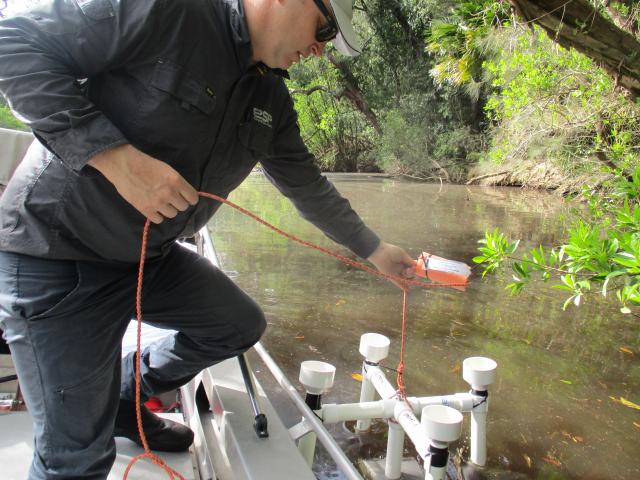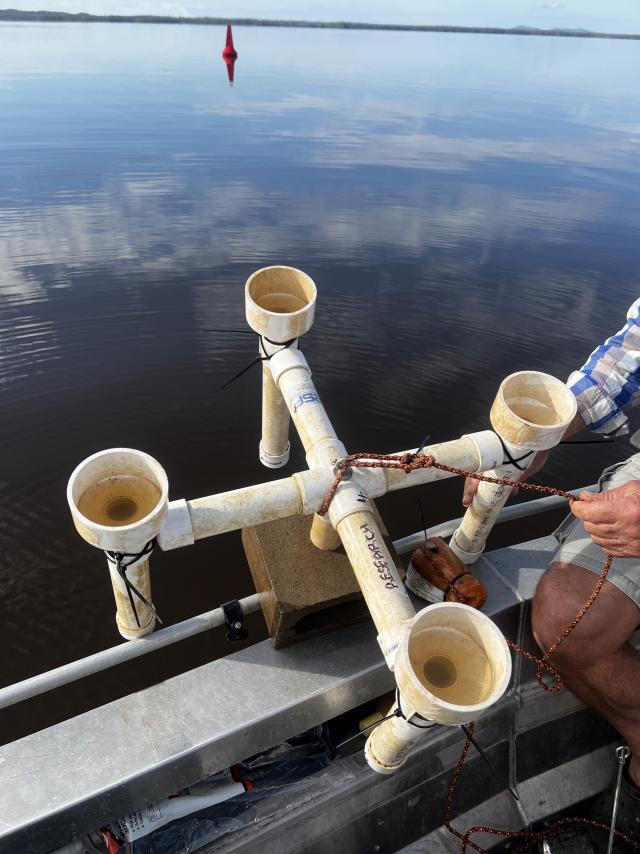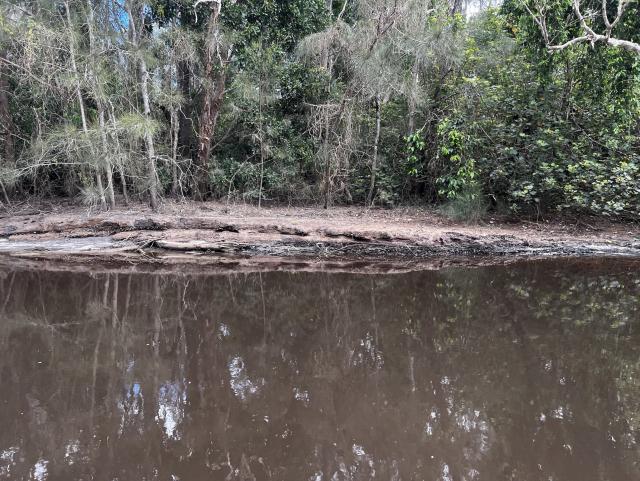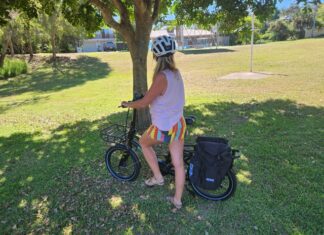The build-up of sediment in lakes and coastal estuaries is a growing problem globally, particularly where it brings additional nutrients, pollutants and other toxic substances.
Excess fine sediment in the Noosa estuary has been implicated in a reduction of diversity in benthic invertebrates (food for fish) and changes in the extent of important estuarine habitats such as seagrass meadows and mangroves. Understanding the patterns and drivers of sedimentation rates is important to inform management decisions for estuaries including shallow lake ecosystems like those in Noosa, which is a key outcome of the collaborative Noosa Sediment Accumulation Study.
Dr Simon Walker, director of Ecological Service Professionals, is an experienced aquatic ecologist spending his professional life understanding the ecology and connectivity of aquatic ecosystems including the Noosa estuary.
Simon will provide background on what we know about sediment in Noosa, an update on the status of the Noosa Sediment Accumulation Study, and how you can help.
He is passionate about providing sound scientific information that contributes to the preservation of natural places for future generations.
On 24 February at the next Friday Forum, learn about the progress and results of the Noosa Sediment Accumulation Study from Dr Simon Walker. Does the Noosa River system have a problem and what does the future hold?
Everyone is welcome at the NPA Environment Centre, 5 Wallace Drive, Noosaville. The forum starts at 10.30am and morning tea is available at 10-10.25am. Entry is $5 by tap and go at the door which includes morning tea/coffee.
Join the bird observers at 8.30am in the carpark for interpretive birding.
For more information visit noosaparks.org.au











